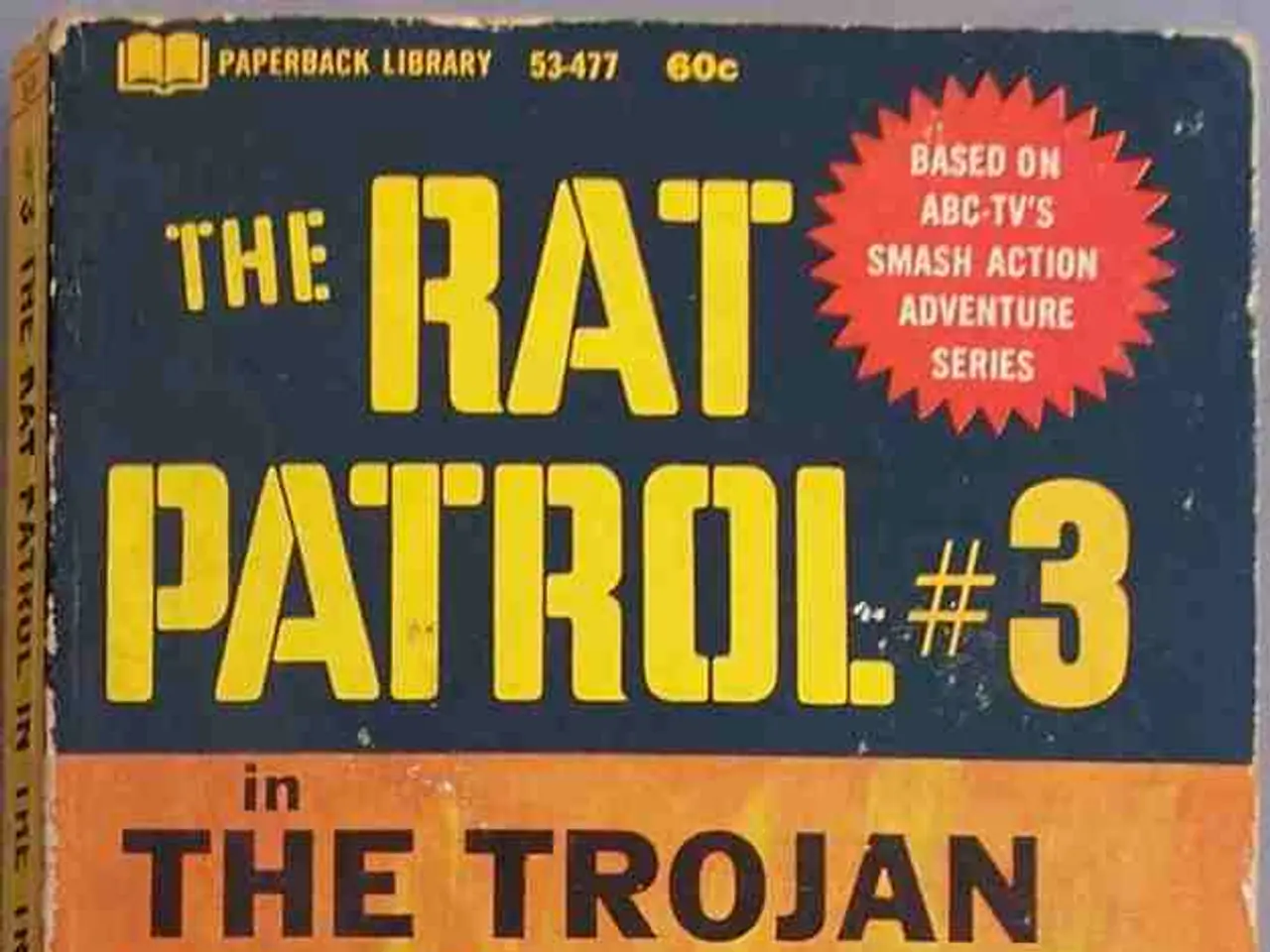Ukrainian authorities apprehend politicians and government officials for unlawful accumulation of wealth from arms procurement deals
In the ongoing conflict between Ukraine and Russia, several significant events have transpired in recent days.
On the military front, tensions have escalated with the deployment of two US nuclear submarines near Russia, ordered by former US President Donald Trump in response to "provocative statements" made by Dmitri Medvedev, the deputy head of the Russian national security council. Despite the Kremlin-linked politicians and experts in Moscow claiming that this deployment poses no threat to Russia's security, military expert Ralph Thiele sees it as "highly dangerous."
Meanwhile, the Ukrainian military has reported successful drone strikes against Russian targets. According to their reports, the drones targeted storage and launch facilities for Shahed kamikaze drones, an oil refinery in the Ryazan region, and an oil depot in the Voronezh region. These attacks have resulted in casualties, with three civilians killed in Russian regions due to Ukrainian drone strikes.
In a separate development, the Russian Defense Ministry merely stated that 338 Ukrainian drones were intercepted overnight. However, military observers, including American blogger Igor Sushkin, report a large explosion at the Russian oil refinery of Novokuibyshevsk in the Samara region, preceded by a Ukrainian drone attack.
On the diplomatic front, US Ambassador to NATO Matthew Whitaker believes that President Donald Trump still has leverage to end the war in Ukraine diplomatically. US Republican Senator Lindsey Graham has also warned Russia against possible escalation, responding to threats from Dmitry Medvedev.
In a positive development, NATO countries are working on a new model for delivering US weapons to Ukraine, with NATO countries financing the purchases or transfers. If Russian President Vladimir Putin does not agree to a ceasefire, the US will impose severe sanctions against Russia and countries doing business with Russia next week.
Away from the conflict, Ukraine is grappling with corruption allegations within its political and military circles. The anti-corruption agencies have made arrests and are actively investigating the illegal enrichment by politicians and officials in military procurement. The case involves the procurement of drones and electronic warfare equipment, with the suspects allegedly ensuring that the state signed contracts with certain suppliers at intentionally inflated prices, pocketing up to 30 percent of the contract value.
President Volodymyr Zelensky has publicly condemned the corruption as "absolutely immoral" and expressed support for the anti-corruption agencies. This crackdown came shortly after the Ukrainian parliament restored the independence of NABU and SAPO following Zelensky's initial attempt to curtail their powers, which had triggered large nationwide protests.
In summary, the anti-corruption agencies have made arrests and are actively investigating the illegal enrichment by politicians and officials in military procurement, with prosecutions likely ongoing. The public and government leadership endorse zero tolerance toward such corruption, evidencing strong institutional and political will to combat it.
References: [1] Ukrainian Anti-Corruption Bureau (NABU) website: https://nabu.gov.ua/ [2] Specialized Anti-Corruption Prosecutor's Office (SAPO) website: https://sapo.gov.ua/ [3] Kyiv Post: https://www.kyivpost.com/ [4] BBC News: https://www.bbc.co.uk/news
- In the midst of the ongoing political discourse, it's crucial for communities to uphold robust anti-corruption policies to ensure transparent military procurement, as demonstrated by Ukraine's crackdown on corruption within its political and military circles.
- As diplomatic efforts continue to resolve the Ukraine-Russia conflict, employment policies in were-and-conflicts zones should also prioritize the welfare and safety of civilians, with consequences for those guilty of targeting non-combatants, as seen in the Ukrainian drone strikes causing casualties in Russian regions.





